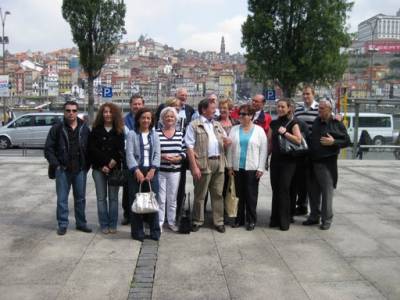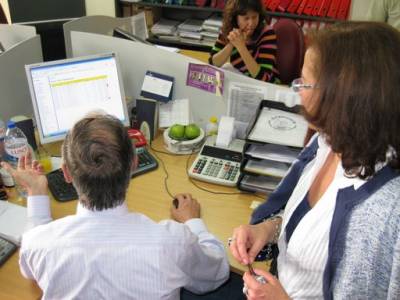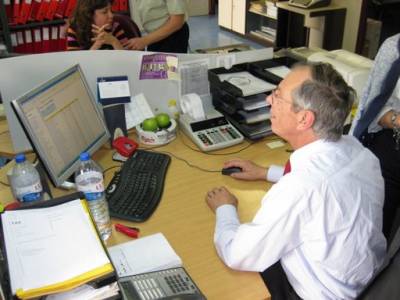The year 2017 in review
Re-elected OCEAN Chair Cupido reflects on a turbulent 2017!
The European ship supply industry has seen some turbulent times, as political and economic changes and election results have had and continue to have an impact on our business. Nevertheless, make no mistake about it: European ship suppliers remain a reliable, strong and stable partner to all vessels, their captains, ship owners and ship managers calling European Ports!
The European ship supply industry has seen some turbulent times, as political and economic changes and election results have had and continue to have an impact on our business. Nevertheless, make no mistake about it: European ship suppliers remain a reliable, strong and stable partner to all vessels, their captains, ship owners and ship managers calling European Ports!
From an economic point of view, we worked hard with our European Partners and the European Commission to implement the EU’s Union Customs Code (UCC), in particular “our” Annex B on ship supplies. This is the first real guidance on how the ship supply industry and the national customs administrations should treat ship supply from a customs legislation perspective. This is good news for all vessels calling EU ports for their supplies: from Porto to Tallinn, from Rotterdam to Piraeus, we should have the same rules and should be able to expect the same customs treatment. This means that European harmonisation of rules and regulations ensures flexibility for us to supply goods to vessels calling any European Port, in a fast, efficient and cost-effective manner. This is what OCEAN is here to ensure to make the EU Single Market and the EU Customs Union work for European ship suppliers! In simpler words: To create a Single Market for Ship supply.
2017 also saw plenty of moments where this “free movement” of ship supply goods was and continues to be challenged through partly divergent interpretation of our Annex B on grounds that it is “just” a guidance. This has led to the creation or the continuation of purely national procedures, documentation requirements and requirements which cause some concern for the smooth operation and running of “our” part of the EU Single Market. These national rules & requirements and interpretations sometimes appear to favour national ship supplier organisations over other European ones, but bizarrely, also sometimes appear to do the reverse. Yet understand this: Without exploiting the full benefit of European rule harmonisation, we limit our own growth and business prosperity. The dangers are clear, introducing a national measure in one country may result in national action being taken by the other. Possible result? We are back to 28 different requirements in 28 different countries and all our work over the 40+ years of OCEAN will be for nothing.
The most prominent example of national divergence might, of course, be Brexit. 2018 will be decisive in the UK-EU relations and much will depend on if a transition deal can be agreed. OCEAN, together with our UK members, organised in BASS, has worked hard to take to the EU Commission and the UK officials to explain what ship supply is and why and how harmonised rules for ship supply have been so beneficial for OCEAN members in the past. We would like for the frictionless trade between the EU-UK to continue post Brexit. So we will continue to monitor developments in Brexit closely in 2018.
So we see, national additional customs rules and procedures can act as a constraint for a vibrant European ship supply Single Market where all ship suppliers have equal access to vessels, regardless our European nationality. As we celebrate the 50th birthday of the EU Customs Union in 2018, OCEAN will continue to work towards harmonised rules, combat national solo actions that affect the wider EU membership through dialogue between members and act as a significant, competent partner to all EU institutions.




